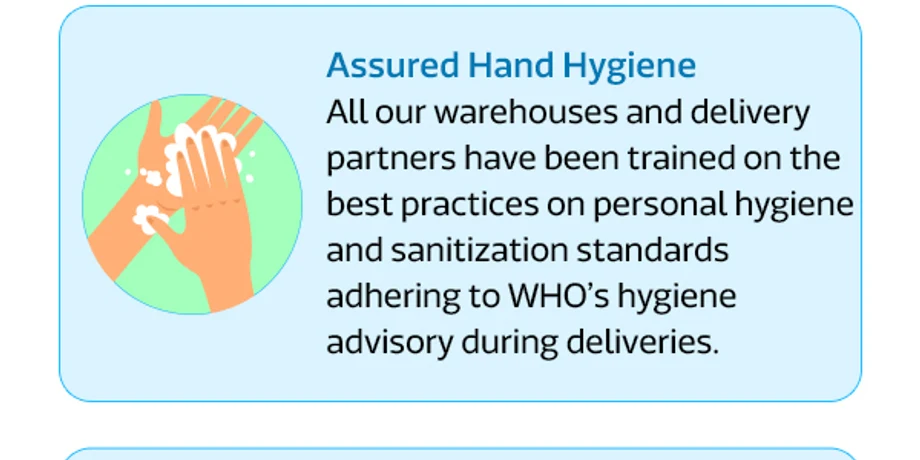only Allopathy{Modern Medicine}is useful to stop the corona virus AT PRESENT
OTHER MEDICATIONS =AYURVEDA AND HOMEOPATHY AND UNNANI ETC HAVE NOTHING PROVEN TO TREAT THIS VIRUS
EVEN ALLOPATHY IS STRUGGLING HARD TO FIND SOMETHING TO STOP THIS
OTHER MEDICATIONS =AYURVEDA AND HOMEOPATHY AND UNNANI ETC HAVE NOTHING PROVEN TO TREAT THIS VIRUS
EVEN ALLOPATHY IS STRUGGLING HARD TO FIND SOMETHING TO STOP THIS
VACCINES:-[1]
coronavirus vaccine: Scientists in Israel likely to soon ...https://m.economictimes.com › News › Science3 days ago -
——————————————————————————————————
[2]Coronavirus: US volunteers test first vaccine - BBC Newshttps://www.bbc.com › news › health-519066043 days ago -...
———————————————————————————————————-
[3]Scots scientist says one million coronavirus vaccines will be ...https://www.scotsman.com › Health › Coronavirus3 hours ago - ...
———————————————————————————————————
[4]China's first coronavirus vaccine approved for clinical trialshttps://nypost.com › 2020/03/18 › chinas-first-coronavirus-vaccine-approv...23 hours ago -
——————————————————————————————————
[5]Russia Begins Testing Potential Coronavirus Vaccine after ...https://www.news18.com › world2 days ago - .
——————————————————————————————————-
[6]German coronavirus vaccine company CureVac is shooting ...https://www.businessinsider.com › curevac-coronavirus-vaccine-trump-ger...2 days ago -
==============================================================
——————————————————————————————————
[2]Coronavirus: US volunteers test first vaccine - BBC Newshttps://www.bbc.com › news › health-519066043 days ago -...
———————————————————————————————————-
[3]Scots scientist says one million coronavirus vaccines will be ...https://www.scotsman.com › Health › Coronavirus3 hours ago - ...
———————————————————————————————————
[4]China's first coronavirus vaccine approved for clinical trialshttps://nypost.com › 2020/03/18 › chinas-first-coronavirus-vaccine-approv...23 hours ago -
——————————————————————————————————
[5]Russia Begins Testing Potential Coronavirus Vaccine after ...https://www.news18.com › world2 days ago - .
——————————————————————————————————-
[6]German coronavirus vaccine company CureVac is shooting ...https://www.businessinsider.com › curevac-coronavirus-vaccine-trump-ger...2 days ago -
==============================================================
NEW MEDICINE DISCOVERED YESTERDAY BY JAPANJapanese flu drug 'clearly effective' in treating coronavirus ...
1 day ago - Japanese flu drug 'clearly effective' in treating coronavirus, says China. Shares in Fujifilm Toyama Chemical, which developed favipiravir, surged ...
22 hours ago - A drug used in Japan to treat influenza seems to be effective at treating the novel coronavirus that causes COVID-19, according to news reports. The antiviral drug, called Favipiravir or Avigan, showed positive outcomes in clinical trials involving 340 individuals in Wuhan and ...
===========================================================
CHINA USING PLASMA IN SEVERE CASES
Feb 17, 2020 - Chinese doctors using plasma therapy on coronavirus, WHO says 'very valid' approach. 3 Min Read. SHANGHAI/GENEVA (Reuters) - Doctors ...
Feb 19, 2020 - China to expand plasma treatments for coronavirus patients. Treatment has previously been used on victims of swine and bird flu and 'looks ...
Amid the global scare over coronavirus, three out of the four COVID-19 patients were cured with a novel combination of medicines ...
Officials
from the Chinese Ministry of Science and Technology have said clinical
trials show a conventional anti-malarial drug is ...
We have been asked again and again - “What else can I do, apart from social distancing, hand hygiene, and so on, to protect ...
Greg Mundis was found to have contracted the coronavirus, but now he's on the drug chloroquine, which is widely used to treat ...
Pres. Donald Trump touts chloroquine, an old malaria drug, that doctors say may help treat novel coronavirus, claims it will be ...
Dr. Anthony Fauci said there is not enough evidence to support claims that hydrox-chloroquine is effective in combatting ...
CNBC's Meg Tirrell reports on the latest trials for a combination of two existing drugs to treat coronavirus infections in patients.
There has been a lot of hope and a lot of hype about various drugs that may be effective against SARS-COV2 virus or the ...
Mar.19 -- President Donald Trump says a drug called
hydroxychloroquine, used to treat malaria, will be made available by ...
Australian researchers on Monday claimed to have found two drugs — an HIV and anti-malaria medicine — to treat novel ...
U.S. President Donald Trump was joined by VP Mike Pence and other Coronavirus Task Force members to hold a briefing on the ...
Can SARS-COV-2 virus be slowed down by the use of hydroxychloroquine? Chloroquine and hydroxychloroquine are ...
The French government has officially sanctioned prescriptions of chloroquine to treat certain coronavirus patients. In the United ...
CC
New
New
New
New
New
4K
New





























